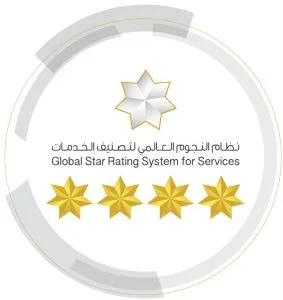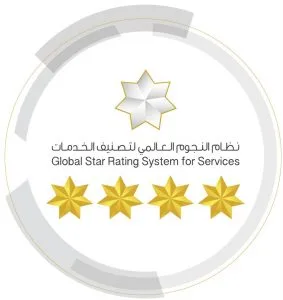16/04/2015
In the journey of life, you pass through many experiences and stations. They take us far towards the shores of many beginnings. That is the divine order of things in creation. We learn and unlearn, and then again relearn the same, as if age is a train that traverses different stations each with its own unique environment and traits that impact on us and leave its imprint on our personalities.
At an early age our theory of life is marked by a kind of innocence and simplicity for everything in us then remains pure and uncontaminated by life’s pollutants. The rules of interests and benefits have not begun to dominate us at that stage. Our friendships, our love, our hate – they are all based on our emotions and our sense of the love of others for us.
In the spring of life, changes begin. Rules and fundamentals differ. Calculations come into the picture. Weaving of relations is based on new references. Selection and estrangement begin on the basis of priority lists. Mutuality of interests, beginning from simple things, gradually becomes the basis on which we look at everything and deal with everything.
In the midst of all that, there are principles that are changeless and foundational things at the core of our convictions that are beyond disturbance. Among them are our father and mother, our fundamental base and reference, the roots about which if we play our calculations, we lose the flavor of our life.
In this context, there was a composition that impressed me, from among the many messages that we receive daily on our smart phones and for which we spend a lot of our time. The title of that composition was ‘I and My Father: The Story of My Life’. I believe each of us went through what it conveys. The composition that I mention here is as follows:
At the age of 4: My father is the best.
At 6: My father knows everything and he is matchless
At 10: My father is wonderful, but he is obstinate
At 12: My father was kind when I was small
At 14: My father turned against me and is very sensitive
At 16: My father is incapable of keeping pace with the times and wants me to live my life according to the norms of his time
At 18: With each passing day, my father appears bitterer.
At 20: It is very difficult to tolerate my father. I wonder how my mother suffered him
At 25: My father opposes everything I want to do
At 30: It is impossible to agree with my father. Did my grandfather tire of my father when he was young?
At 40: My father brought me up in this life with a lot of disciple and I must do the same
At 50: It is difficult to control my adolescent sons. How much my father must have suffered in bringing us up?
At 55: My father had a long term vision and plan to achieve our interests, putting in all efforts. He was outstanding and kind.
At 60: My father is matchless. He was the best.
The conclusion was the same as the beginning. It took us 56 years to realize that ‘my father was the best.’
Let us do good to us parents before it is too late. Time does not return to compensate for what we lost. Goodness to parents is among the best things Allah directed us to do. He linked goodness to parents with our worship for Him, the One who accepts no partners.
Oh Lord, be merciful to them as they brought us up when we were small.



